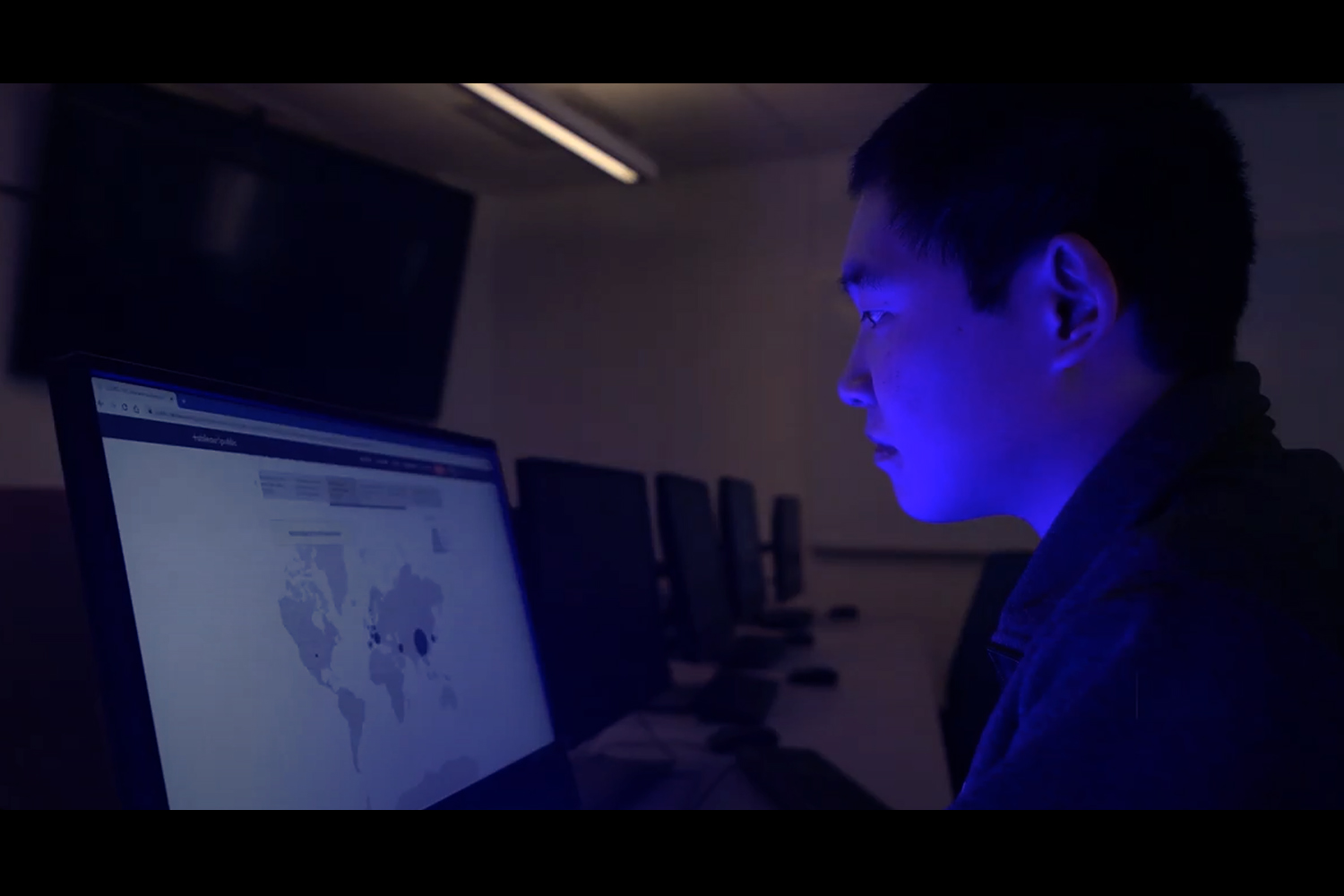Researchers in the College of Liberal Arts and Sciences are responding to the COVID-19 outbreak with their scholarship and service. Here are a few highlights:
Don’t Expect a Summer Reprieve from COVID-19
A new study co-led by Mark Urban, professor of ecology and evolutionary biology, shows that while we may see a slight decline in COVID-19 risk this summer, there is still a 20-40% chance in some areas that there will not be a decline.
As Families Struggle During Pandemic, Children At High Risk for Neglect
According to a new alert co-authored by Kerri Raissian, associate professor of public policy, there is a potential danger for vulnerable children who may be at high risk for neglect. The work was issued by The American Professional Society on the Abuse of Children of Children.
Webinars for Data Science in Action During COVID-19 Outbreak
Professor of Statistics Jun Yan and his research team have coordinated a webinar series on “Data Science in Action Response to the Outbreak of COVID-19” with the help of professors and Universities across the country. This series is free, open to the public, and will continue through May.
Understanding the Impact of Ed Tech During COVID-19
With many schools moving to online learning, professor of psychological sciences and director of the Brain Imaging Research Center Fumiko Hoeft and colleagues are researching the impact of literacy acquisition during COVID-19. One hundred educators across the U.S. and their K-12 students will be enrolled in the project to assess and prevent this relevant problem.
UConn Student Tracks Pandemic With Data
Yuansun Jiang, a graduate student in the Department of Economics, has created COVID-19 visualizations to illustrate the spread of the virus. Using the skills he learned in Associate Professor of Economics Oskar Harmon’s Writing and Communication for Economics and Business graduate course, Jiang seeks to chart the pandemic’s course in Connecticut and across the country.
Study of COVID-19 Risk Communication Finds ‘Optimistic Bias’ Slows Preventive Behavior
David Atkin, professor of communication, collaborated with colleagues to study the impact of ‘optimistic bias’ on preventative behavior. They compared information released about COVID-19 to see what had a greater influence on an individual’s perception and behavioral change.
How will COVID-19 Affect Domestic Violence?
Associate Professor of Economics Nishith Prakash and graduate student Lindsey Buck are part of a research group that was awarded a $76,000 grant from Princeton University to study COVID-19’s implications on domestic violence. They will test two interventions that are likely to determine pathways to aid victims of domestic violence during a pandemic: One consists of providing labor market opportunities for women, and a second one that provides information on how to identify and respond in domestic violence cases.



